
25 July – 30 August
‘Spiel der Mächtigen’ (‘Game of the Mighty’) was the motto of the 2009 Salzburg Festival programme, which was also overshadowed by a leadership debate. Handel, Rossini, Beethoven, Mozart and Haydn were the main features of the opera season – and Luigi Nono, whose superlative work Al gran sole carico d’amore was shown in the Felsenreitschule/Summer Riding School.
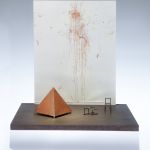
26 July – 31 August
Also in his second season Markus Hinterhäuser arranged for a scenic production as part of the ‘Continents’ series: Salvatore Sciarrino’s opera Luci mie traditrici directed and designed by the German artist Rebecca Horn in the Kollegienkirche – used once more for Festival productions – and lit by Beat Furrer with great musical sensitivity.

27 July – 31 August
Jürgen Flimm started his term as Artistic Director with rarities such as Joseph Haydn’s Armida directed by Christof Loy and Hector Berlioz’s opera about an artist, Benvenuto Cellini. Therefor, film director Philipp Stölzl exploited the Cinemascope stage of the Large Festival Hall to make the grand opéra ‘approach the feeling of great cinema’1 and interpreted it as an opulent stage show, while Valery Gergiev unleashed ‘a storm of sound’2.
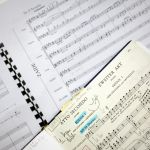
23 July – 31 August
Mozart and the 21st century: in the Mozart Year, Peter Ruzicka scheduled all 22 Mozart operas – and as a counterpoint exclusively music of the 21st century. As many as 16 commissioned works were performed for the first time, including Chaya Czernowin’s Zaide/Adama.

25 July – 31 August
The new production of Verdi’s La traviata directed by Willy Decker with the dream couple Anna Netrebko and Rolando Villazón was a sensational success. The minimalist stage design, an overdimensional clock of life, was Wolfgang Gussmann’s idea.
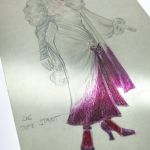
24 July – 31 August
Peter Ruzicka, himself a successful composer, promoted a fresh Festival profile during his term as Artistic Director, on the one hand with numerous first performances, for instance with the ‘Salzburg Passagen’ series, reserved for contemporary music.
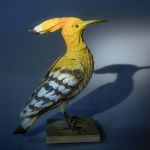
26 July – 31 August
After the tumultuous opening première of Mozart’s Die Entführung aus dem Serail/The Abduction from the Seraglio interpreted by the Norwegian director Stefan Herheim, the team Harnoncourt/Kušej continued its successful Mozart cycle with La clemenza di Tito.

27 July – 31 August
Peter Ruzicka made an illustrious start to his artistic directorship: Don Giovanni conducted by Nikolaus Harnoncourt and staged by Martin Kušej was a huge success; Anna Netrebko as Donna Anna advanced to become the public’s darling.

21 July – 31 August
Hans Neuenfels’s radical interpretation of Die Fledermaus, which marked Gerard Mortier’s departure, stirred up a final scandal and passionate objections. ‘[T]he brilliant national shrine of the Austrians – almost as holy as Mozart.
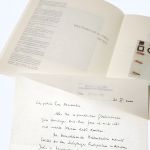
23 July – 31 August
Despite cuts in the budget, in 2000 seven opera premières were planned including the world première of Kaija Saariaho’s L’amour de loin, under Kent Nagano and Peter Sellars, also Hans Neuenfels’s production of Così fan tutte and Claus Guth’s interpretation of Iphigénie en Tauride.
24 July – 31 August
Peter Ruzicka, himself a successful composer, promoted a fresh Festival profile during his term as Artistic Director, on the one hand with numerous first performances, for instance with the ‘Salzburg Passagen’ series, reserved for contemporary music.
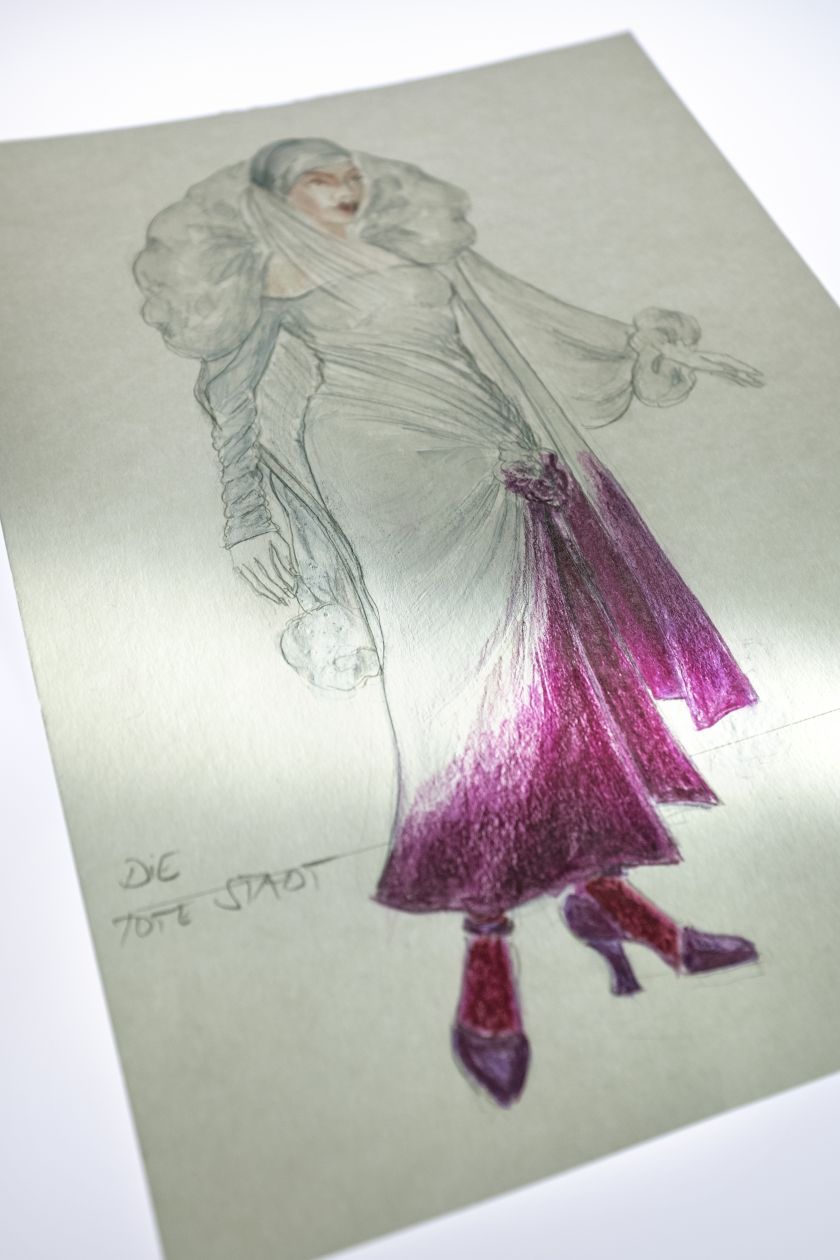
Another conceptual focus was the performance of works of formerly ostracized composers who had been driven into exile or prohibited during the Nazi years, including Korngold, Zemlinsky (Der König Kandaules/King Kandaules, 2002) and Schreker (Die Gezeichneten/The Stigmatized, 2005). One of the biggest successes of the 2004 season was Die tote Stadt by Erich Wolfgang Korngold conducted by Donald Runnicles, with great acclaim especially for director Willy Decker and soprano Angela Denoke. Other outstanding performances were Purcell’s King Arthur staged by Jürgen Flimm and Nikolaus Harnoncourt as well as Der Rosenkavalier/The Knight of the Rose directed by Robert Carsen. The straight drama programme was notable for Falk Richter’s Die Möwe/The Seagull by Chekhov, Sebastian Nübling’s interpretation of Marlowe’s Edward II, and Elmar Goerden, who directed O’Neill’s Eines langen Tages Reise in die Nacht/A Long Day’s Journey into Night.
